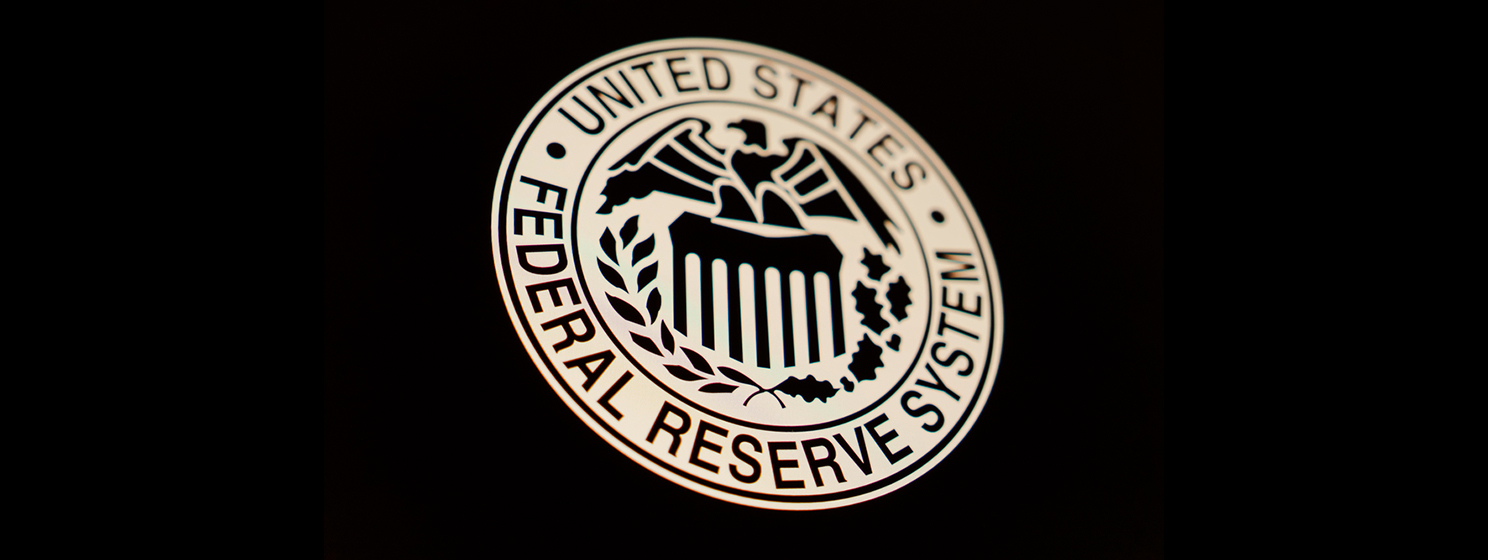
|
Getting your Trinity Audio player ready...
|
As the virtual currency industry goes through a tumultuous season, the Australian government has announced “multi-stage approach” to ensure that industry service providers continue to play according to the rules.
The renewed commitment to ensure compliance was disclosed in a statement from the Australian Treasury, which vowed to adopt a multi-stage approach toward industry control focusing on “strengthening enforcement, bolstering consumer protection, and establishing a framework for reform.”
Under the ambit of strengthening enforcement, the Treasury notes that the Australian Securities and Investments Commission (ASIC) is doubling the size of its virtual currency monitoring team. The statement also highlighted a new requirement for virtual asset exchanges to comply in full with the Australian Anti-Money Laundering and Terrorism Financing Act.
The efforts are coming on the heels of a catastrophic year for Australian consumers as they lost over $200 million to virtual currency scammers. To stifle the impact of scammers, the Australian Competition and Consumer Commission (ACCC) has begun a nationwide sensitization campaign and real-time data sharing of scam activity.
“We will establish a set of obligations and operational standards for crypto asset service providers to ensure they adequately safe-keep assets for customers,” the statement read. “This will ensure consumers are protected from avoidable business failures or from the misuse of their assets by service providers.”
The statement noted that despite the immediate work being taken to protect consumers, the government would continue monitoring the space to introduce further rules to counter new risks. A Treasury token mapping is underway while the government has expressed a clear intent to “work methodically” with industry players and stakeholders to mitigate the risks for consumers.
Australian regulators found FTX suspicious
Eight months before FTX’s ill-fated implosion, ASIC found the exchange’s activities suspicious after it gained an operational license through a company takeover. ASIC issued a notice to the subsidiary, seeking information about its operations for the regulator to verify its compliance.
Since FTX Australia began operations, the securities watchdog issued three notices to the exchange and placed it under “surveillance activity” as it tried to gauge the extent of regulatory compliance. However, experts have doubted the ASIC’s chances to protect consumers as it would have only led to the prosecution of directors for breach of duties following extant Australian law.
“If a markets license is required, there is the need for changes to its current form because, for example, the market operator cannot shut a blockchain down to halt a token’s circulation to protect retail investors,” one legal expert said.
Watch: The Future of Financial Services on Blockchain – More Efficiency & Inclusion
Recommended for you
Lorem ipsum odor amet, consectetuer adipiscing elit. Elit torquent maximus natoque viverra cursus maximus felis. Auctor commodo aliquet himenaeos fermentum
Lorem ipsum odor amet, consectetuer adipiscing elit. Accumsan mi at at semper libero pretium justo. Dictum parturient conubia turpis interdum

 11-13-2024
11-13-2024 


